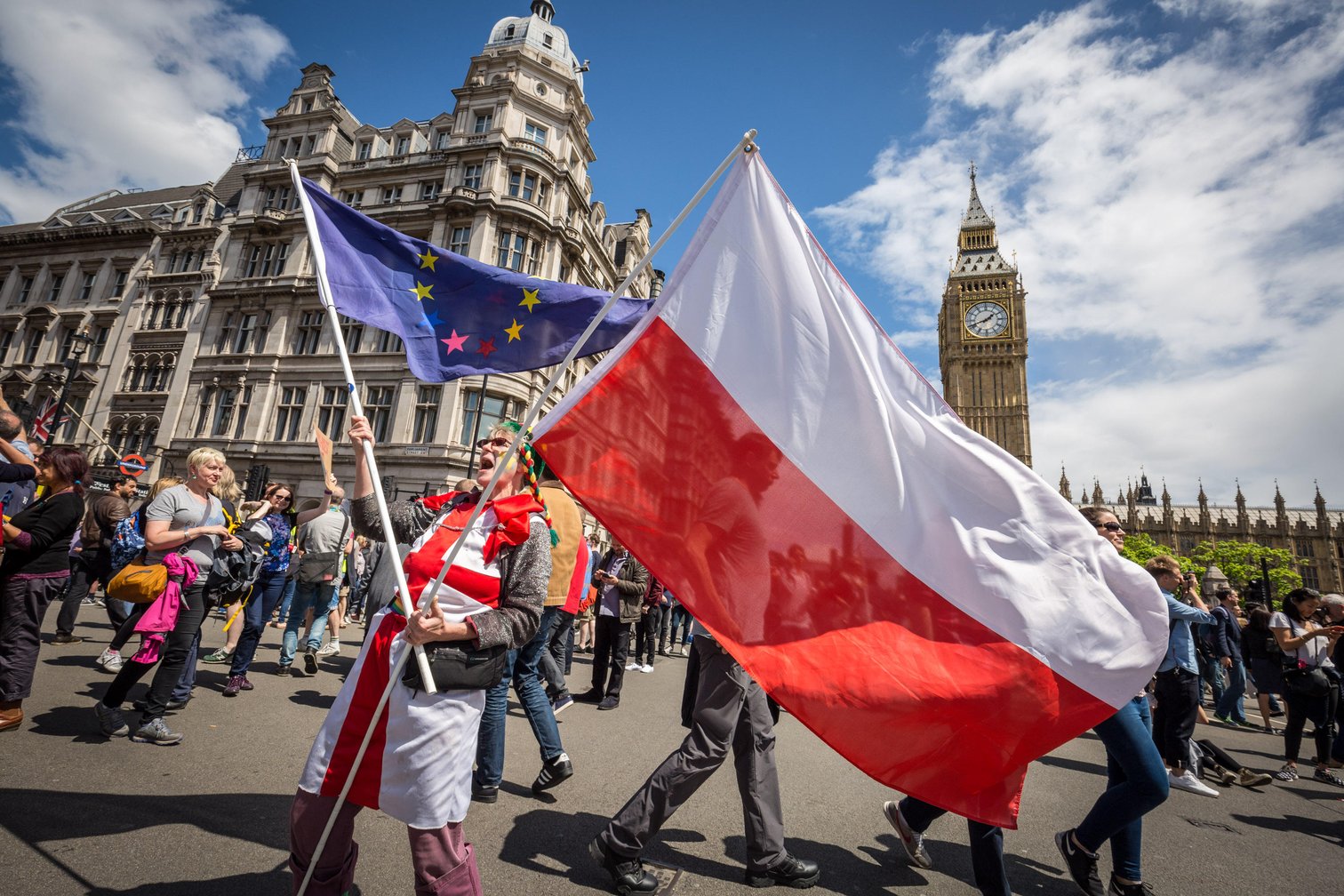For example, around the time of the Brexit vote, in 2016-17, the UK Office for National Statistics estimated that there were about a million Polish nationals living in the UK. The number has been shrinking since then, down to about 700,000 in 2021. While we do not know what proportion of Polish migrants worked in ‘essential’ occupations, it is believed that one in ten essential workers is not a British national, and 18% were born abroad.
So why are Polish migrants leaving? For the past two years we have studied the impact of the COVID pandemic on Polish essential workers in the UK. We conducted a large-scale web survey with 1,105 such workers and a comprehensive qualitative study with 50 workers and support organisations. Our study found that those who worked to keep the British economy going during the pandemic suffered significantly in terms of their health, financial situation, family and general wellbeing. Of those working in education and childcare, 63% reported that their wellbeing deteriorated during the pandemic; 52% in utility services said they were worse off financially. These figures are higher than those for the general population.
The overall sense of belonging to the UK, of feeling welcomed and at home, diminished following the pandemic. This led many of our participants to debate whether to stay or go back to Poland: only 66% of our survey respondents declared that they wanted to stay in the UK, with 13% planning to leave and 20% unsure. In interviews, many talked about feeling discriminated against and unwanted.
In one case, we heard reports about tensions in a small British town where many Central and Eastern Europeans were employed in a factory. Following COVID outbreaks the local population started avoiding these workers, complaining that they were not following pandemic restrictions. This made the essential workers, who often worked and lived in unsafe conditions, feel excluded and created false divisions between those seen as rule-followers (the local population) and rule-breaking ‘outsiders’ (the migrant workers).
Our interviews also revealed that in many cases the decision to leave was solidified during the pandemic but had been brewing since Brexit. It was back in 2016 when many Central and Eastern European migrants first realised that their position in the UK was more precarious than they previously assumed. They had thought that the majority-white British population saw them as hard-working and desired ‘fellow white Europeans’, but no longer felt at all sure of this.

Comments
We encourage anyone to comment, please consult the oD commenting guidelines if you have any questions.